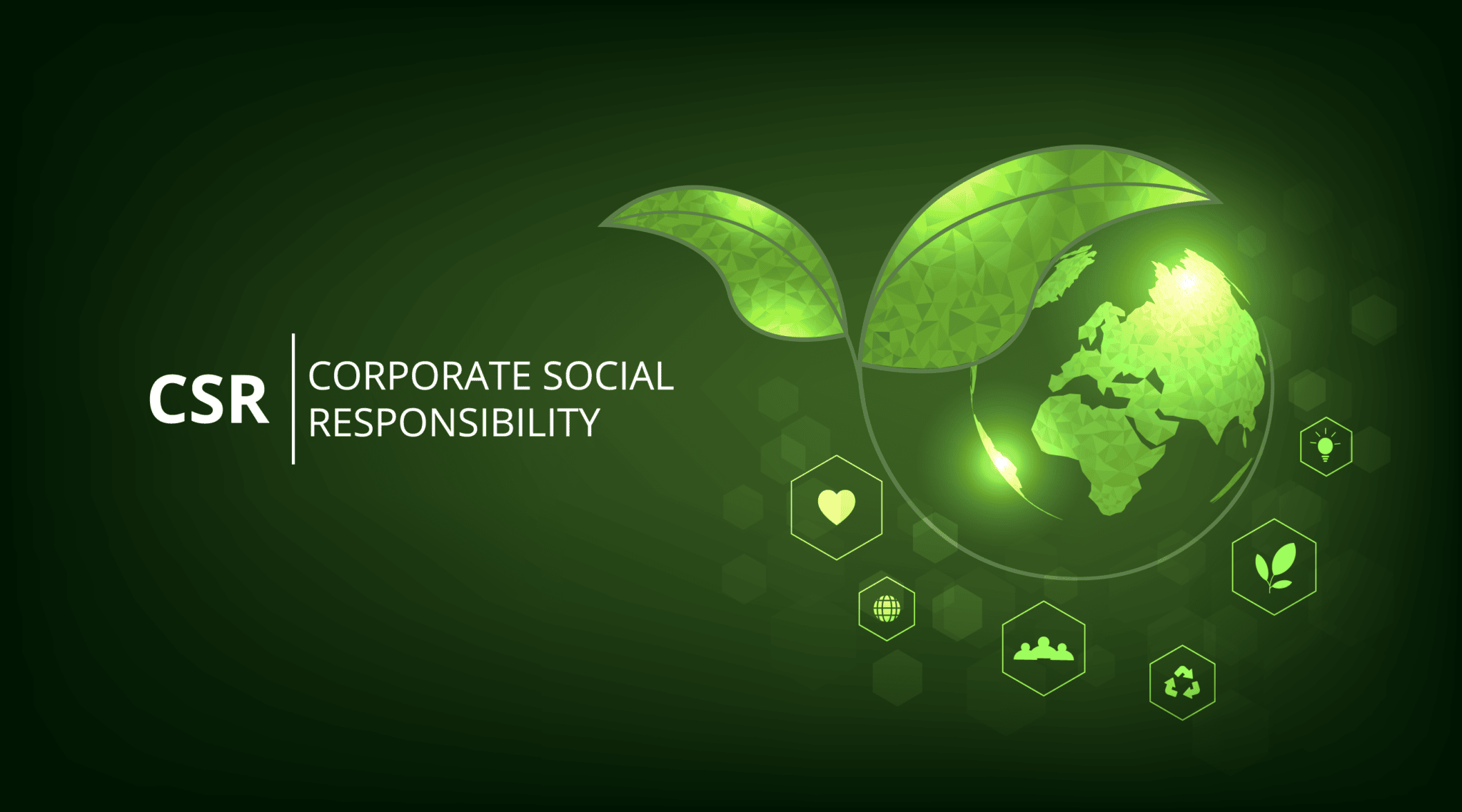“At Earthly Infrastructure® CSR is taken very seriously. Responsible stewardship of the partnership’s I’ve garnered since founding this company is a responsibility that is very important to me.”
Corporate Social Responsibility is more important in 2025 now more than ever in the building construction industry. As we head into a new technological era, the interdependency between the building construction and electric vehicle industries is pivotal. The electric vehicle industry is relying on the building construction industry to practice good corporate social responsibility and meet the demand for electric vehicle charging capabilities in new single-family homes and multifamily residential buildings. This interdependency is one that economist consider crucial as builders in the multifamily market especially, continue to build apartments and other multifamily communities without so much as even prewiring for electric vehicle charging capabilities. That lack of corporate social responsibility by these builders is seen by many building construction industry professionals as a reckless disregard for the building industries national direction and is the type of behavior that will stifle economic growth within our great country’s electric vehicle industry. Earthly Infrastructure® strongly encourages our Hampton Road building industry peers to do their part and assist in meeting the demand for advanced electric technologies and electric vehicle charging capabilities in single family homes and multifamily residential communities.
In late 2023, The EPA launched a new program through ENERGY STAR® called NextGen®. One of the key components of EPA’s new program is a requirement for builders to ensure electric vehicle charging capabilities are being installed in all new single-family homes and multifamily buildings. This program offers builders tax rebates for each unit they deliver meeting EPA standards and still many builders choose to turn a blind eye to EPA’s guidance for the building industries National direction. This begs the question, why? Why are so many builders refusing to follow EPA’s guidance?
Another couple key highlights for 2025 when it comes to corporate social responsibility as builders, is our responsibility to deliver the highest quality and most energy and water efficient homes and products possible. As builders, sustainability best practices and minimizing our environmental footprint should be at the top of our priorities. EPA has also offered guidance and solutions to builders to help us deliver the most water efficient housing possible with the WaterSense® program.
WaterSense® offers builders a simple checklist to ensure homes being brought to market are 30% more water efficient than typical construction. The WaterSense® program offers builders tax rebate incentives for every unit-built meeting EPA standard. As water utility cost rise, builders should be doing everything possible to build the most water efficient housing possible and yet in Hampton Road, builders continue to thumb their nose to EPA guidance on the building construction industries national direction. The question is why?





